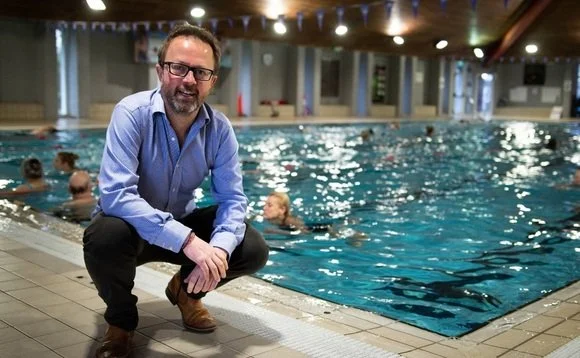Most businesses are not hardwired for disruption
Mark Bjornsgaard
CEO & Founder, Deep Green Technologies and Managing Partner, System Two
Businesses looking to decarbonise and offer green versions of their existing products and services, should, if at all possible not frame that work as innovation.
Most businesses, as we know, are not hardwired for disruption and framing the work as ‘innovation’ may be slowing down the transition.
Instead, businesses should make a distinction between "operational substitution", "core substitution" and "core innovation".
Bite-sizing the problem in this way (in what is probably a 70/20/10 split of time and the inverse of effort and money), gives an organisation the visibility of what might be the real innovation challenge in the last 10%, and conversely what is just a logistics job that needs to get done.
"Operational substitution" is the 70% easy bit. This can be achieved without breaking an intellectual, financial or existential sweat.
This is everything that contributes to the practical functioning of a business which can be swapped on a like for like basis for a "greener substitute" with relatively easily available alternatives; vans, loo rolls, laptops, packaging, event marketing and cloud services might fall into this bucket.
"Core substitution" may involve a little more intellectual elbow grease - and money - but is still a matter of substituing aspects of the business's core product or service for products and services that exist. It needs to be thought about.
There are dependencies within the opertion which distinguishes this work from "Operational substitution" but it does not involve the search for a new solution or the development of the truly novel.
For a travel business this might be offering customers a (genuinely) green travel option and marketing the slower pace as a benefit of winding down before they arrive, or augmenting an existing "green" energy tariff (which almost certainly isn't green all the time, by ensuring electricity really is zero carbon by building on-premises solar or buying robust carbon removals to mitigate all the Scope 3 in their existing buildings and operations.
"Core innovation" is where a genuinely green, zero carbon substitute doesn't exist, and where an unknown needs to be addressed.
In the case of a hotel, that might be answering the question of how you build a new, zero carbon site. Yet even here, much of this work will be substituted if framed correctly.
Flights can be substituted for video calls in the planning process. Hempcrete can be poured instead of concrete. Zero carbon pools exist already. Heat pumps and data furnaces can be bought and applied for, instead of fossil fuel boilers.
The bottom line is sustainability professionals moving into a more transformative role, truly leading the transition, will need to go in with their eyes open and their leadership team aligned on precisely the kind of Innovation they are embarking on.
What now?
Are you with us? Play a part in developing the re:Generation Innovators playbook launching at our breakfast on the 9th September, or simply be the first to get the latest updates. Click here to register your interest.

